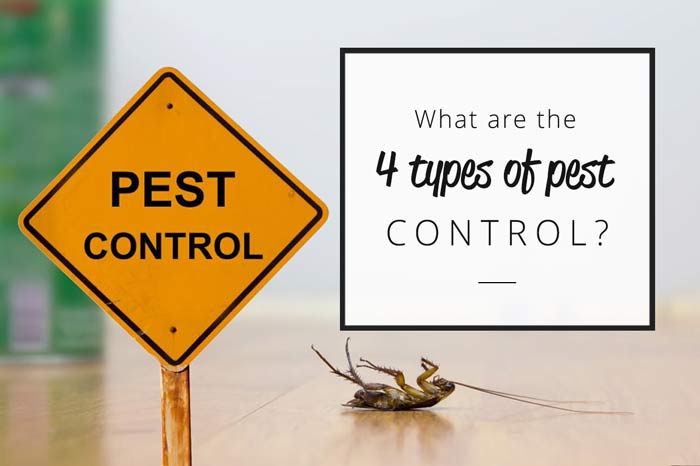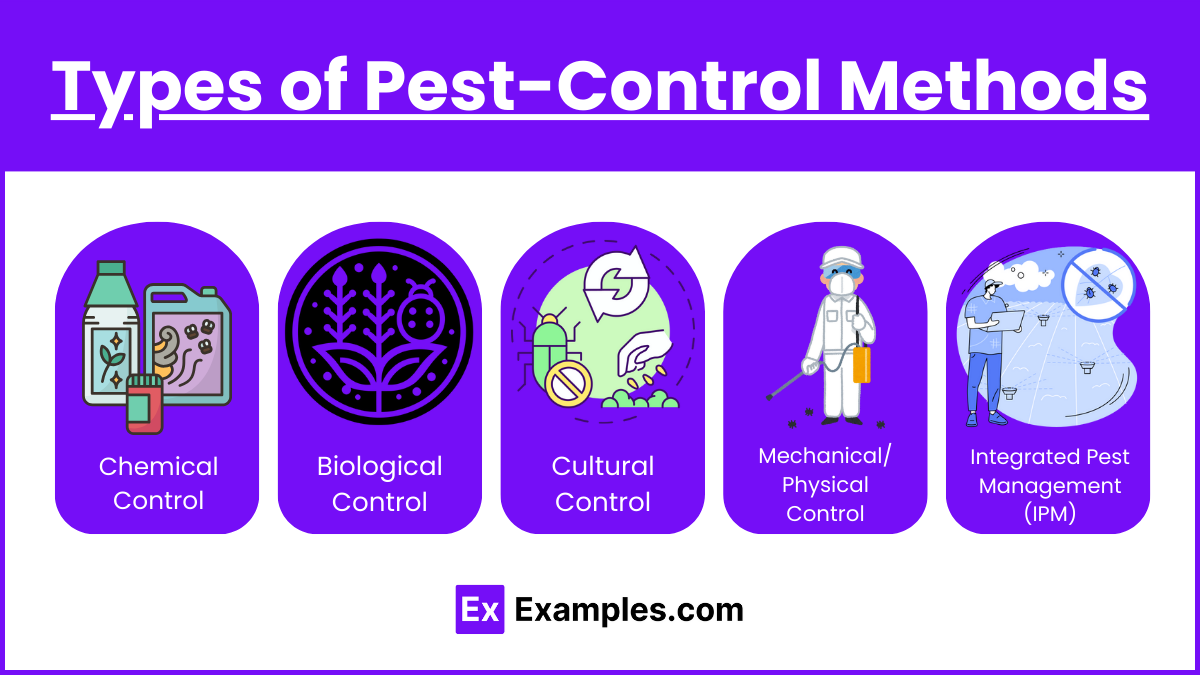Pest Control - Truths
Pest Control - Truths
Blog Article
The Of Pest Control
Table of ContentsNot known Factual Statements About Pest Control The Buzz on Pest ControlEverything about Pest ControlHow Pest Control can Save You Time, Stress, and Money.10 Simple Techniques For Pest Control
Limitations of Chemical Management Be able to assess bug troubles, establish if administration is needed, and make ideal suggestions making use of IPM techniques. Be acquainted with various approaches of bug administration - their advantages and constraints.This phase discusses (IPM), a technique that uses expertise about insects and their, techniques, nonchemical approaches, and pesticides to manage insect troubles. Added information regarding IPM for specific plants is consisted of in phases that concentrate on those plants. Pests in a garden or landscape might include bugs and termites, weeds,, animals, and birds.
Many individuals hurry to pull, hoe, or spray every weed they see. Pests and weeds, nonetheless, play a function in the. After planting a yard or developing a yard, the natural procedure of plant succession begins to restore and nonnative plants. A weed growing in a lawn represents the first stage in a sequence of events that, if enabled to proceed, can ultimately result in a forest.
What we call "pests" become part of an all-natural system at the workplace. A community has no bugs. Only people think about specific types pests when they take place where they are not desired. We will certainly be extra effective in taking care of unwanted species when we realize that these microorganisms follow predictable patterns that we can utilize to our benefit.
The Single Strategy To Use For Pest Control
Pests prone to a chemical were quickly eliminated, leaving resistant ones to reproduce and increase. It ended up being clear that pesticides alone would certainly not fix all insect troubles.
An IPM plan permits some level of pests in the setting. Pests are a lot less most likely to endure a program that utilizes various approaches of minimizing their populations. Integrated parasite administration was initial recommended by entomologists because insects were the very first group of parasites to prove challenging to handle with chemicals alone.
parasite and host precisely. and consider economic or aesthetic injury. A threshold is the factor at which activity ought to be taken. a therapy technique making use of mechanical, social, biological, or chemical controls, or a combination of these techniques. success of treatments. IPM has prolonged beyond pests to administration of all pest populaces: weeds, disease microorganisms, and mammals.
Pest Control Things To Know Before You Get This
Monitoring as opposed to elimination of insects is the objective. An IPM plan begins with a cautious assessment of each pest infestation. Only after that can one determine concerning the appropriate strategies essential to suppress bug tasks. The life cycle of the parasite, possible damages, all-natural adversaries, and effects of weather condition, among various other elements, are considered before a control plan is implemented - Pest Control.
Clover growing in a grass may be considered as an unwanted weed, however as a legume it is manufacturing nitrogen for the soil and the blossoms are providing nectar to honey and other. Tolerance for some weeds might belong to an IPM plan. may be consuming the leaves of a plant, however when they are identified as the larvae of Eastern tiger swallowtail butterflies, their damage might be tolerated so we can appreciate the lovely butterfly.

The second most crucial device in parasite management is very early intervention. Responding to troubles quickly, before they have time to increase, calls for a much less significant treatment.
7 Easy Facts About Pest Control Explained
Numerous safe, functional, nonchemical methods of plant defense and parasite management might lower or eliminate the demand to spray. Various other approaches are most helpful when used with chemicals. To apply management techniques properly and to lessen losses, gardeners need to recognize the types of bugs that strike plants and understand pest biology.

Performing a soil test and using only the recommended amount of plant food and lime maximizes the advantage to the plant while reducing problems connected to too much usage of fertilizer - Pest Control. Treatment the soil with a number of inches of compost secures the plant in numerous ways: decreasing soil water loss to evaporation, lessening weed competition, supplying nutrients, and developing an ideal environment for earthworms and microorganisms that keep the soil loose for origins and break down natural important link product to release nutrients
If mulch touches the trunk, it can produce a method for voles, germs, and fungi to assault the plant. Do not utilize manure or compost that has actually not completely broken down as a leading dressing due to the fact that it can motivate unfavorable insects. Study suggests that tilling the soil is detrimental to soil structure.
The Pest Control Ideas
If tilling is regarded required, consider doing it in the fall when the life cycles of several parasites brings them near the surface. At the surface, bugs become exposed to the climate as well as birds and various other natural adversaries.
Report this page